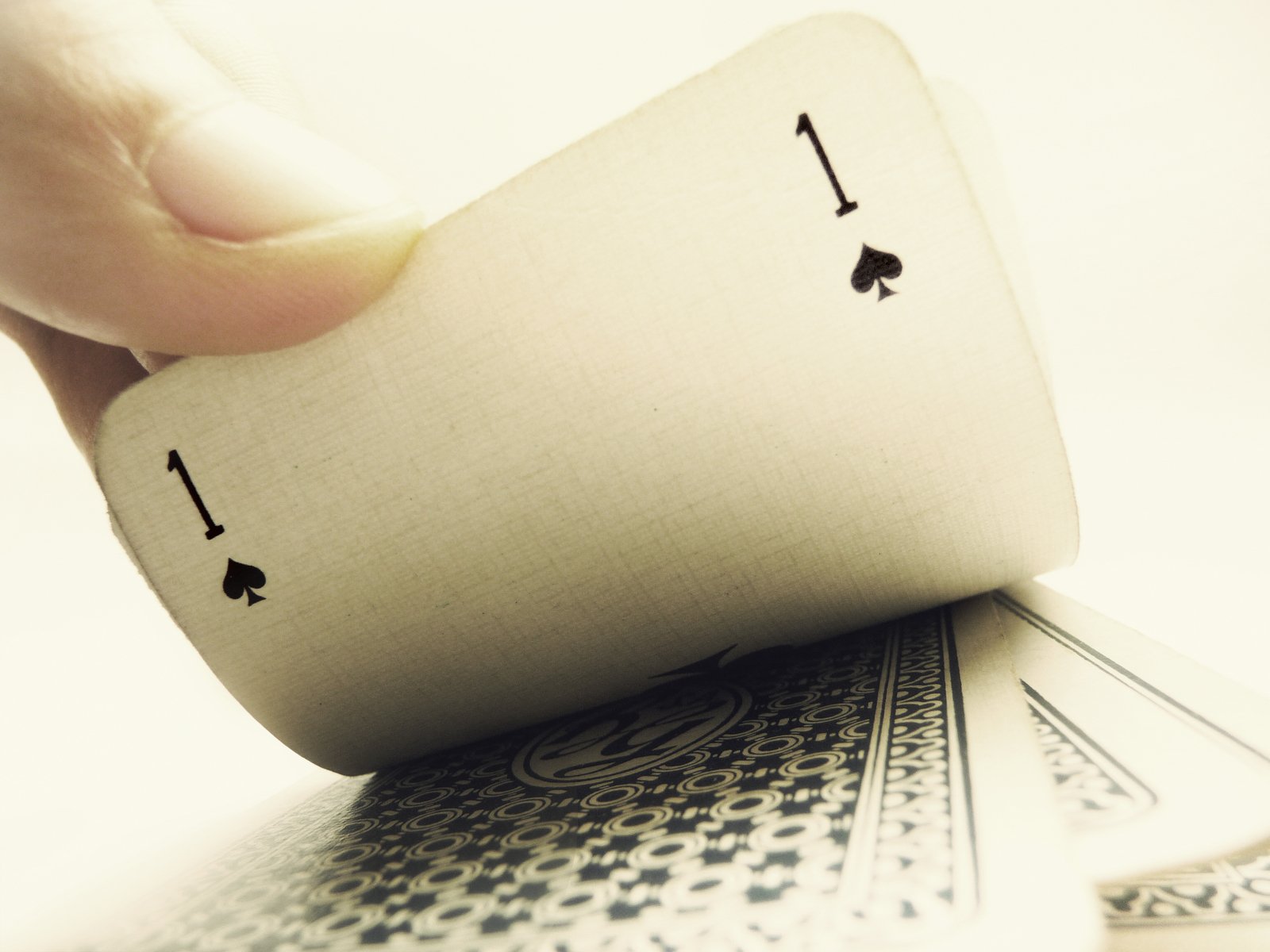
Summary: Manipulation of the legal system, or arm-wrestling the law in order to get one's way, still a problem for the credibility of today's patent system (rife/riddled with misconduct)
EVERY now and then we document or pile/assemble together examples of misbehaviour, not necessarily at patent offices (
EPO,
USPTO and so on) but in courts and law firms. There's no lack of examples. The system is far from perfect, transparency can always help, and pointing out flaws can help correct these.
A few days ago "massive discovery misconduct" was
reported in a case where the "plaintiff's severed litigation misconduct was exceptional."
"Following plaintiff's post-Markman stipulation of dismissal and a bench trial finding inequitable conduct," Docket Navigator summarised, "the court granted defendant's motion for attorney fees under 35 U.S.C. ۤ 285 because plaintiff's severed litigation misconduct was exceptional."
Well, patents are, with few exceptions, not used amicably. And those who use them for hostile purposes are not exactly likely to act in good faith.
Another example of misconduct was
covered a few days ago by David Hricik, who focuses on ethical matters. "In addition to this evidence," he said, "the district judge heard evidence of various litigation misconduct..."
Here are the details:
Last month, the Federal Circuit held oral argument in an appeal, styled Gilead Sciences, Inc. v. Merck & Co., Inc. (Appeal Nos. 16-2302 & -2615) from a judge’s decision which held a patent unenforceable — for unclean hands — after a jury returned a verdict of $200 million. A more detailed write up is here which includes a link to the oral argument.
Boiled down, in a bench trial after the verdict, the judge heard evidence that Gilead had agreed to share information with Merck regarding an antiviral agent against Hep C — provided Merck personnel working on Merck’s competing work be walled off rom the information. Gilead shared information on a call… and a Merck attorney who was on the call who was prosecuting a Merck competing application then amended claims to cover the Gilead product.
As a twist, the application that was amended supported the Gilead product, and the jury had found no derivation. The reason was that the amended Merck application had support for a large genus of compounds, but the amendment narrowed to a subgenus which included Gilead’s leading agent. In other words, Merck had invented the Gilead product, and so there was no but-for materiality (in any meaningful sense that I can see, at least).
In an ideal patent system the patents granted would be of high quality, litigation be a last resort, and the legal process involve no misconduct. But in a world where lawyers on both sides just try to win the case can we expect justice or a shouting match where the longterm goal is to drain the opposition's pockets (with legal fees)?
⬆

